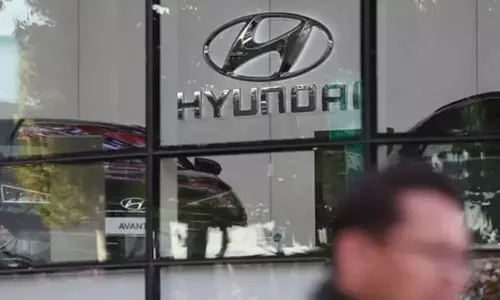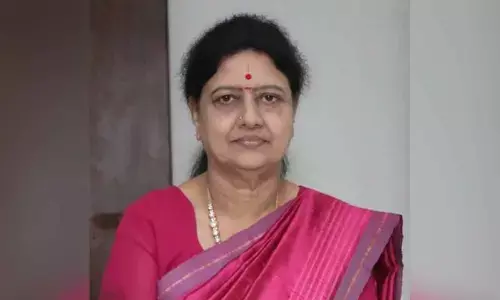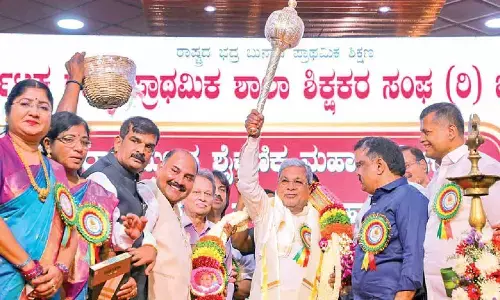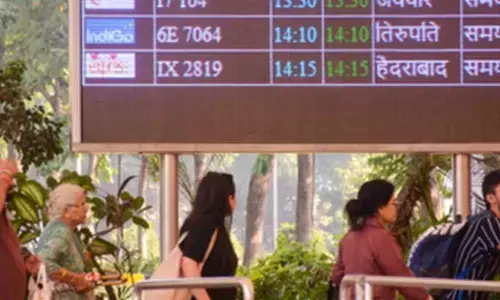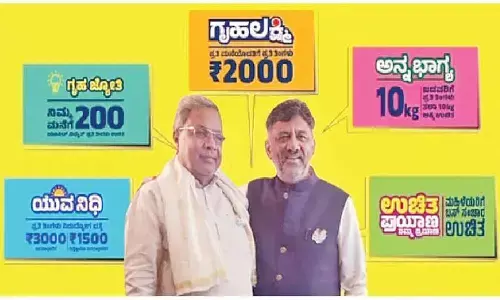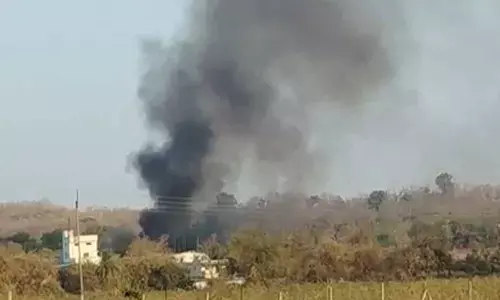Religious places rarely follow curbs on loud speakers
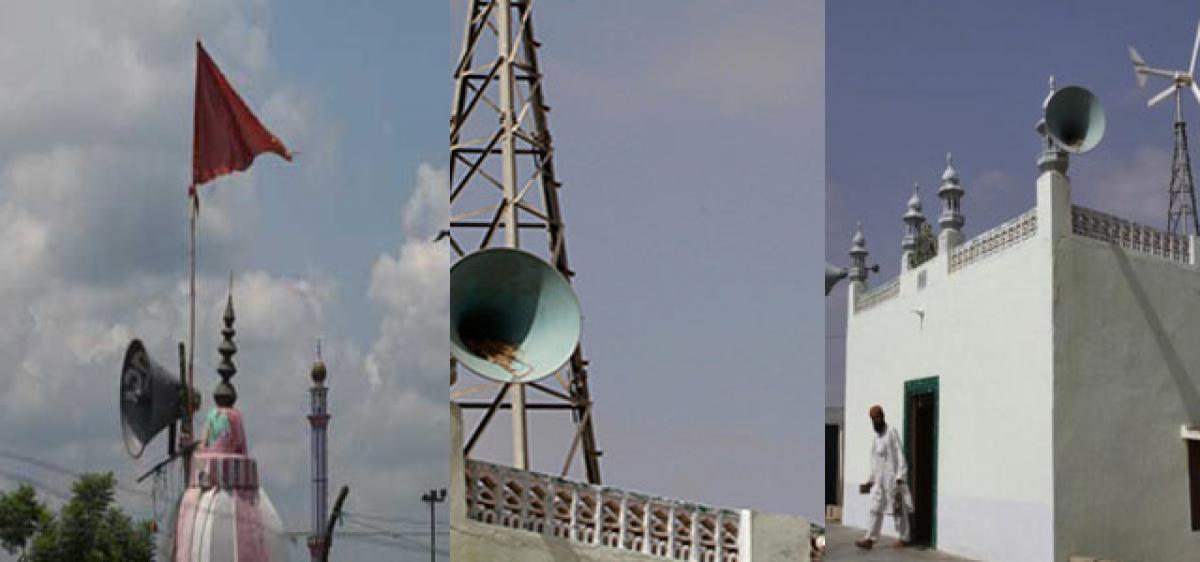
Sonu Nigam’s tweet on the use of loud speakers for Azaan created quite a storm on twitter. But it is a well-known fact that rules restricting the use of loud speakers are rarely followed in India, according to a report in factly.in.
Sonu Nigam’s tweet on the use of loud speakers for Azaan created quite a storm on twitter. But it is a well-known fact that rules restricting the use of loud speakers are rarely followed in India, according to a report in factly.in.
Singer Sonu Nigam’s tweet about being woken by the Azaan every morning calling it forced religiousness created quite a storm on twitter. While a lot of people supported him, a few others spoke about the inconvenience caused by the noise generated during the celebration of Hindu festivals also.
Whichever side people take on this issue; it is pretty clear that the existing rules regarding the use of loud speakers at public places (including religious places) are rarely followed. Under the Environment (Protection) Act, 1986, the Government of India came up with Noise Pollution (Control and Regulation) Rules in the year 2000 that were amended a few times later.
Section 5 of these rules lay down the restrictions on the use of loud speakers, public address systems and sound producing instruments. These rules lay down the following five restrictions on the use of loud speakers and other sound producing instruments.
A loud speaker cannot be used without written permission from the authority designated by the government and cannot be used at night time (between 10pm and 6am). The government can permit the use of loud speakers between 10pm and 12am midnight during any religious or festive occasion only for a limited duration of up to 15 days in each calendar year.
It also mandates that the state as a whole would be considered as a unit and the respective state government has to specify the 15 days in advance when this exemption would apply. Even when loud speakers are used after obtaining permission, the noise standards as specified in the rules have to be followed.
The Supreme Court while upholding the 15-day exemption in the rules, ruled in 2005 that no further dilution of the rules will be allowed. The court made it clear that the scope of the exemption cannot be widened either by increasing the number of days or by increasing the duration beyond two hours. It also ruled that the power to grant exemption of the 15 days lies with the state government and cannot be further delegated.
The court warned that any attempt to dilute the rules will result in striking down these exemptions. In most cases, loud speakers are used in public places without obtaining the necessary permission. In a PIL filed in Bombay High Court in 2015, it was submitted by the petitioner that most mosques in Navi Mumbai did not have permission to use the loud speaker.
The court directed that all the loud speakers in all religious places setup without permission must be removed. The police and other authorities often turn a blind eye to blatant use of loud speakers in processions, religious places etc.
15-day exemption period
The list of 15 days for each calendar year is not publicly available for most states. Moreover, adequate publicity is also not given so that public get to know the list of 15 days. Only in states like Goa, the list is publicly available with information on the relevant rules.
In fact, in Maharashtra, the state government wants the authority of specifying the exemption days to be given to districts which clearly goes against the 2005 Supreme Court order.
Noise Pollution exceeds permissible limits in 7 Metros during Diwali also. The Central Pollution Control Board (CPCB) in association with State Pollution Control Boards carries out monitoring of noise pollution in 07 metropolitan cities (Mumbai, Delhi, Kolkata, Chennai, Bangalore, Lucknow and Hyderabad) through a network of seventy (70) noise monitoring stations under National Ambient Noise Monitoring Program (NANMP).
As per government data, the average noise pollution levels generally exceed the permissible limits in these seven metros. The noise level assessment data from the CPCB during Diwali of 2015 & 2016 also indicates that out of 70 locations, only 09 locations in the 7 metros were meeting both the day time and night time standards.
By: Rakesh Dubbudu


